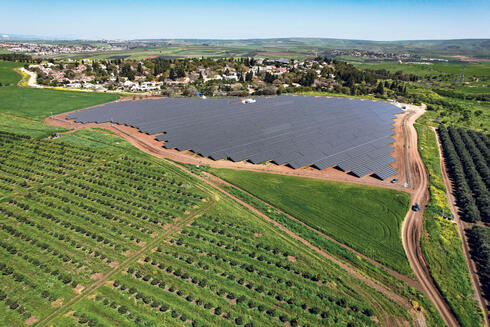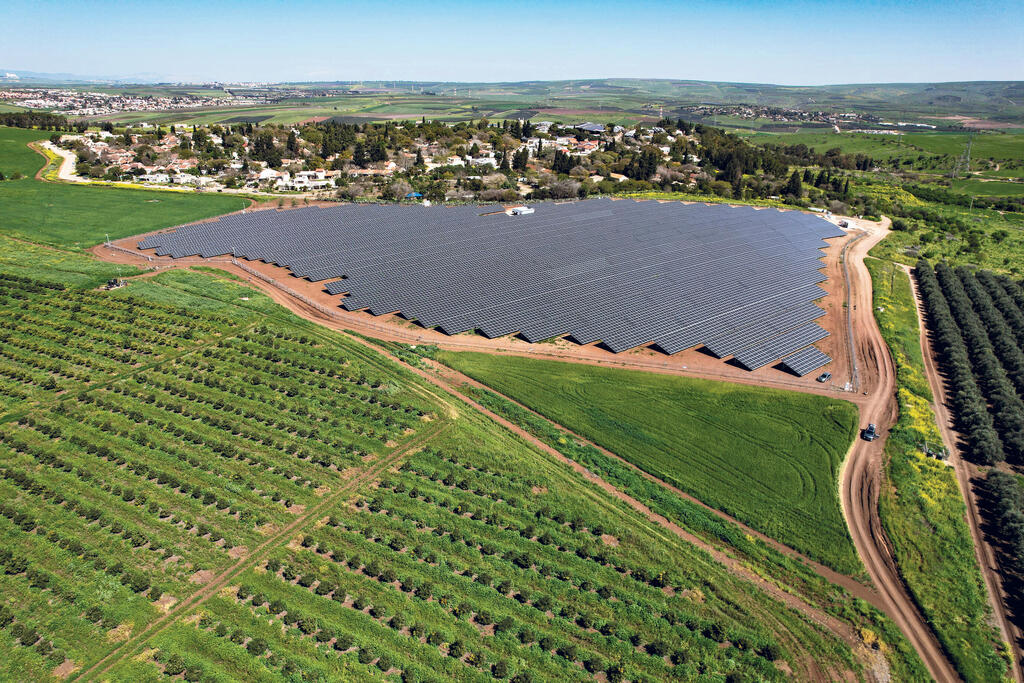
Israel to invest over $30M in groundbreaking lab for bio-devices and biochips development
The state-of-the-art facility, backed by the Innovation Authority, will drive advancements in medicine, agriculture, energy, and environmental solutions, positioning Israel as a global leader in bio-device technology.
The Israel Innovation Authority will establish Israel's first-of-its-kind research laboratory for the development of bio-devices and biochips, in collaboration with Israel Aerospace Industries and Beckermus Technologies. The total investment in the project is NIS 113 million (approximately $31M), with NIS 75 million provided by the Innovation Authority. The new laboratory will offer unique R&D services to multiple sectors, enabling Israeli researchers and companies to compete globally and serving as a significant growth engine for the local biotechnology industry. Its goal is to harness engineering and artificial intelligence to create groundbreaking solutions in medicine, agriculture, energy, and environmental fields.
Biochips and bio-devices are tools in molecular biology that merge the worlds of microelectronics and biology. Similar to computer chips, which perform millions of parallel computational operations, biochips enable thousands of biological analyses to be conducted simultaneously—such as gene sequencing or protein identification—with high speed and precision. This technology has the potential to reduce the cost of medical tests, lower the risk of human error, diagnose genetic diseases, identify pathogens, develop new drugs, and more.
While advancements in the field have traditionally been associated with the medical sector, recent years have seen increasing research into bio-devices for applications in energy, the environment, water management, agriculture, and security. For instance, in agriculture, biochips can improve crop varieties and identify plant diseases. In environmental contexts, they can monitor pollution and detect bacteria.
According to the Innovation Authority, the laboratory to be established in Israel will be unique globally, serving as a platform primarily for industry and high-tech companies. This contrasts with most similar laboratories worldwide, which are typically located in academic and research institutions. The biochips and bio-devices laboratory will grant Israeli companies access to cutting-edge technological infrastructure and advanced R&D services, including design, small-scale production, and prototype validation. The technologies developed in the laboratory are expected to accelerate drug development, diagnostics, and monitoring processes while making biological production methods more cost-effective, accurate, and accessible.














